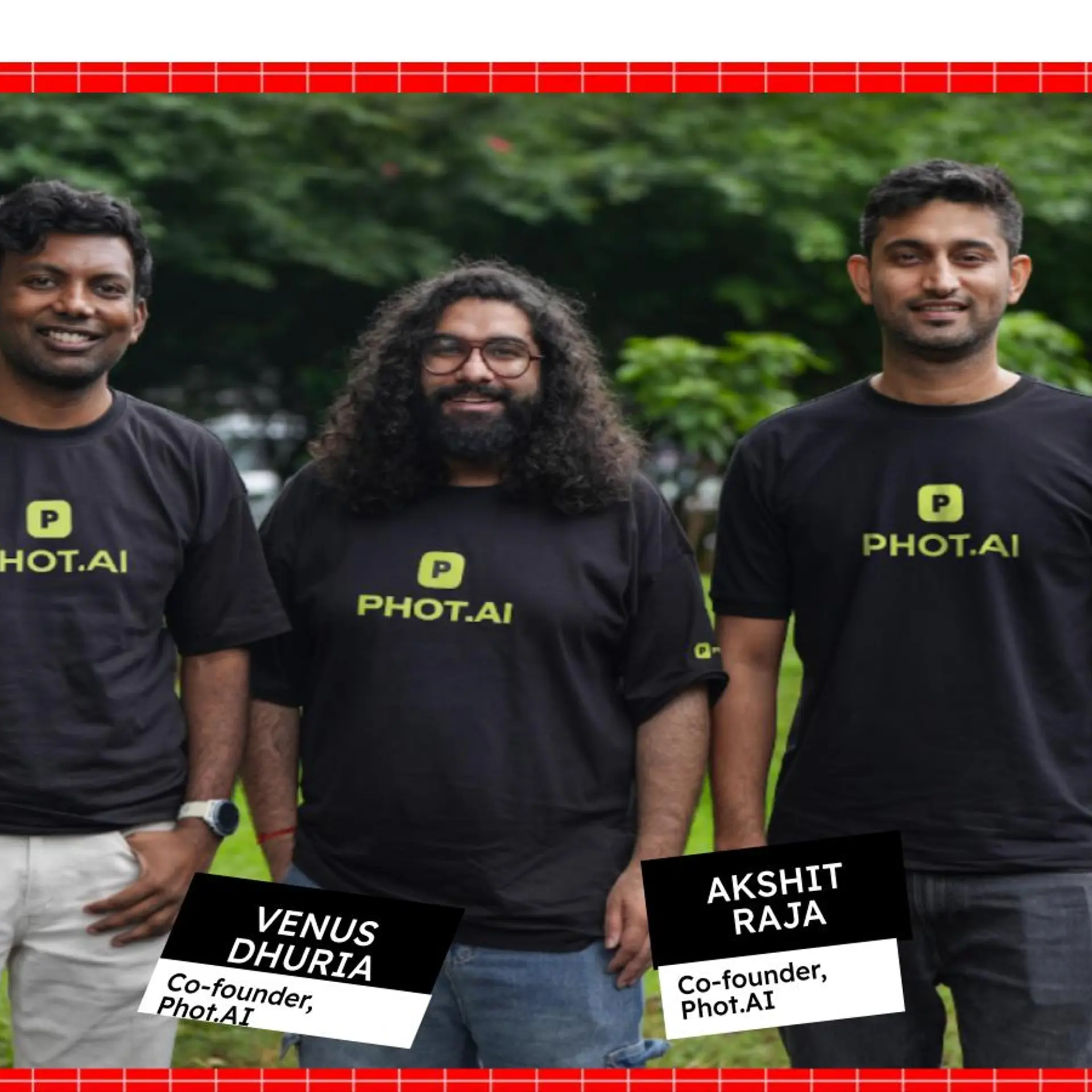Mumbai-based digital payment startup TranServ raises $15 M in Series C funding
Mumbai-based digital payment startup TranServ has raised $15 million in Series C funding led by IDFC SPICE Fund and Micromax Informatics, along with existing investors Nirvana and Faering Capital India Evolving Fund.
In a statement, the company said the fresh capital will be utilised towards accelerating business growth and investing in new product lines, including micro-credit. It will also enhance the Udio product suite including the Android/iOS apps for consumers and application programme interface (API stack) for business partners.

“The recently announced partnership with Micromax will help completely redefine mobile payments for Micromax users and help TranServ reach new customer segments across the country. TranServ has opened up the API solutions for partners and is already processing over Rs 100 crore per month within that product category,” said Anish Williams, Co-founder & CEO, TranServ, in the statement. An alumnus of St. Stephen’s College, he has held leadership roles with several banks like American Express, Citi Bank and HSBC.
TranServ has seen a transaction growth of 300 percent in the past year and its goal for this fiscal is to continue growing at between 300 and 500 percent per annum while maintaining unit economics.
Anish stated that apart from social payments for individuals, several large businesses are using TranServ’s platform via APIs to deliver payments services to end customers. It has partnered with more than 40 banks.
The story so far
Founded in August 2011 by three ex-bankers Sandeep Ghule, Anish Williams, and Aditya Gupta, TranServ started with providing payment solutions, including prepaid solutions, allowing banks to outsource the issuance and administration of their prepaid cards. Currently, it has over 10 million users and its client list includes BMS, PayU, Ixigo, Micromax, Askmebazar and Justdial.
TranServ’s Udio wallet allows users to conduct community-based transactions such as bill splitting, social gifting and sending requesting money etc., with their social circles. Its API stack is being used by both merchant partners and corporates to scale, collect and disburse payments to individual customers, employees, vendors or suppliers in an efficient manner.
Udio app also enables offline usability through the prepaid debit card that allows users to use the wallet money at over one million offline vendors. Our API stack for business partners offers flexibility to the small and big merchants alike and still ensures international benchmarks of user experience are met within the merchant environment,” added Anish.
TranServ has also partnered with several initiatives such as government grant disbursal and Amul Dairy solution to drive the cause of financial inclusions and extend the benefits of digital transactions to the unbanked population.
YourStory take
With telecom networks now offering 3G and 4G services across more geographies at affordable prices, the smartphone has become the preferred medium for money transactions. According to the India Mobile Wallet Market Forecast and Opportunities, 2020, the mobile wallet market in India is expected to reach $6.6 billion by 2020.
Currently, Paytm, Free Charge and Mobikwik are dominating mobile payment industry, followed by few startups like Instamojo, Citrus Payment and more. Instamojo raised Series A fund from Kalaari Capital in 2014, while Citrus Payment raised $25 in Series C funding last year.
Nearly 50 percent of Indian smartphone users are in the age group of 18-30 years, which led to a higher growth curve for digital payments. More than 40 percent of e-commerce transactions started happening via mobile phones in India, with more than 52 percent transactions through digital payments. According to a study by Zinnov, the mobile commerce market may grow by 55 percent, from its present size of $2 billion, to $19 billion by 2019.
“The country is surely moving towards a cashless economy: IMPS transactions have overtaken money order, debit and credit cards in just four years, both in terms of volume and value. Moreover, Digital India and financial inclusion have driven mobile wallet adoption in the rural and semi-urban areas by extending financial services to the unbanked population,”said Anish.







